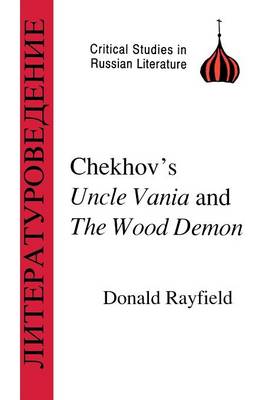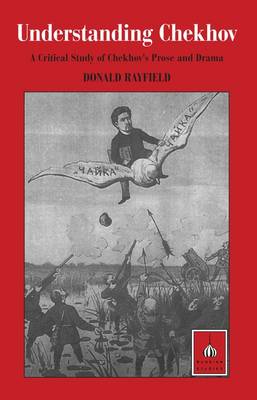Critical Studies in Russian Literature S.
2 total works
Uncle Vania is Chekhov's best loved and perhaps his best composed play, yet this is the first book to be solely devoted to it in any language. Donald Rayfield brings his twenty years of research and writing and a century of others' critical studies to focus on Chekhov's art. He offers a close reading and interpretation of the play, paying special attention to the way in which it evolved from its prototype, the rarely performed comedy The Wood Demon.
This study of Chekhov's emergence as a dramatist of genius will be invaluable to students of drama, for here, for the first time, we can watch as a playwright turns failure into success and thus learn technical secrets of his art.
Attention is paid to Chekhov's influence on the short story and on drama in Europe and America, as well as in Russia.

